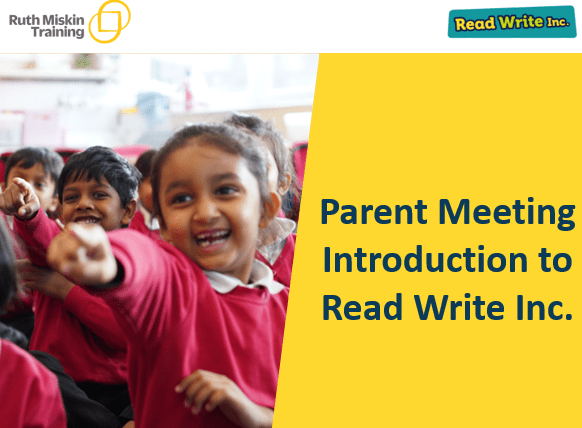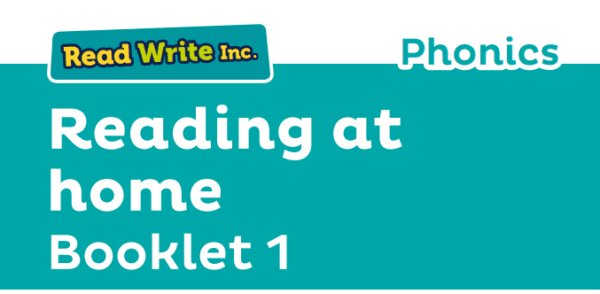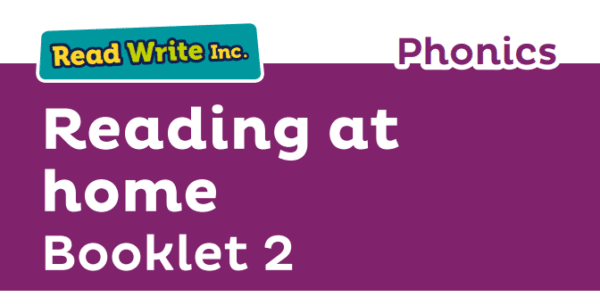Phonics at Round Hill
What is phonics?
Phonics is a way of teaching children how to read and write. It helps children hear, identify and use different sounds that distinguish one word from another in the English language. Written language can be compared to a code, so knowing the sounds of individual letters and how those letters sound when they’re combined will help children decode words as they read. Understanding phonics will also help children know which letters to use when they are writing words. Phonics involves matching the sounds of spoken English with individual letters or groups of letters. For example, the sound k can be spelled as c, k, ck or ch. Teaching children to blend the sounds of letters together helps them decode unfamiliar or unknown words by sounding them out.
Phonics and Reading at Round Hill
At Round Hill, we believe that reading is the key to all learning, and we are fully committed to making sure that every child loves reading and is a confident reader by the end of Key Stage One (Year Two).
We follow Read Write Inc right from the start of a child’s journey through school, which ensures that reading is taught in a systematic, discrete way with phonics as the prime approach to teaching early reading.
We believe this is achievable through a combination of high quality, discrete phonics teaching combined with a literature-rich approach that promotes a ‘reading for pleasure’ culture. We aim for all children at Round Hill to leave school at the end of Key Stage 2 with a genuine passion for reading and to have obtained all the skills they need to tackle a new book or text.
What is Read Write Inc Phonics?
Read Write Inc. is a DfE validated phonics scheme designed by Ruth Miskin, which through systematic teaching and consistent routines, enables ALL children to achieve high levels of reading success
Who teaches RWI Phonics?
We have a dedicated team of teachers and teaching assistants who have all received RWI phonics training. They are passionate about achieving success and take part in regular practice meetings for coaching and training purposes. The scheme is overseen by the Reading Leader, who will monitor RWI sessions and ensure that all teaching is high quality and that children are focused and engaged.
What and When?
- Daily phonics sessions with children grouped according to stage, not age.
- Daily ‘Storybook’ sessions, everyone reads books that match the sounds they know in a group every day.
- Reading books, that match sounds children know, are sent home to be read independently to consolidate learning.
- Children can also take a ‘reading for pleasure’ book to be read with or by an adult to provide a broad and rich reading experience.
- All planning follows the sequence of sounds and blueprint lessons plans from Read Write and use common habits and routines that include:
- Spotting special friends (identifying digraphs and trigraphs)
- Fred Talk (saying the sounds individually out loud then blending the word)
- Fred in your head (saying the sounds individually in your head)
- Speedy Reading
- Reading alien words
- Spelling using Fred Fingers
- Each child is carefully assessed and placed into a RWI group based their phonics sound knowledge and reading skills. This ensures that all children are working at the right level for their ability which is the best way to ensure progress and confidence in their reading skills. Your child might not be taught phonics by their own class teacher however all information and session notes are passed on from their RWI Tutor to enable further guidance and support in all subsequent lessons.
- Children are assessed each half term using Read Write Inc assessments. This ensures all pupils keep up and that gaps identified are re-taught in phonics sessions, 1:1 tutoring or in partnership with parents.
- Some children may receive targeted intervention to support their reading journey.
How can you help at home?
Each week, we will send home a Book Bag Book for your child read (this matches the sounds they know) and also a Reading for Pleasure book (this is to share together). There will also be film links or QR codes to short lessons that match the sounds and words your child has been learning in school that week.
The children read a Storybook everyday at school and we also ask for you to celebrate and read it again with them at home using our Oxford Owls subscription and eBooks.
Try to make time to read with your child every day and make books a part of family life. Grandparents and older brothers or sisters can help too!
These booklets will help you to see all the sounds your child will be learning and gives some extra tips about helping at home.
*Please note that our Storybooks do not go home but are assigned via Oxford Owls ebook library and that we currently do not use the Set 2 & 3 Speedy Sound booklets.
During June all Year 1 children throughout the country will take part in the DfE Phonics Screening Check. Children in Year 2 will also take the test if they did not reach the DfE required result in Year 1 or if they have never taken the test before. The test contains 40 words and each child will sit with an adult 1:1 to complete the test. We hold a parent meeting in school at the beginning of the summer term to share more information about this and the slides from the meeting are attached at the bottom of this page. Guidance from the DfE can also be found on this link… Phonics screening check: information for parents – GOV.UK
At Round Hill we ensure this is a normal part of their reading diet and is done in line with normal classroom reading routines. We complete our 40-word challenge with smiles on our faces!
The following link contains information about the National Phonics Screening Check that all children take part in at the end of Year 1.





